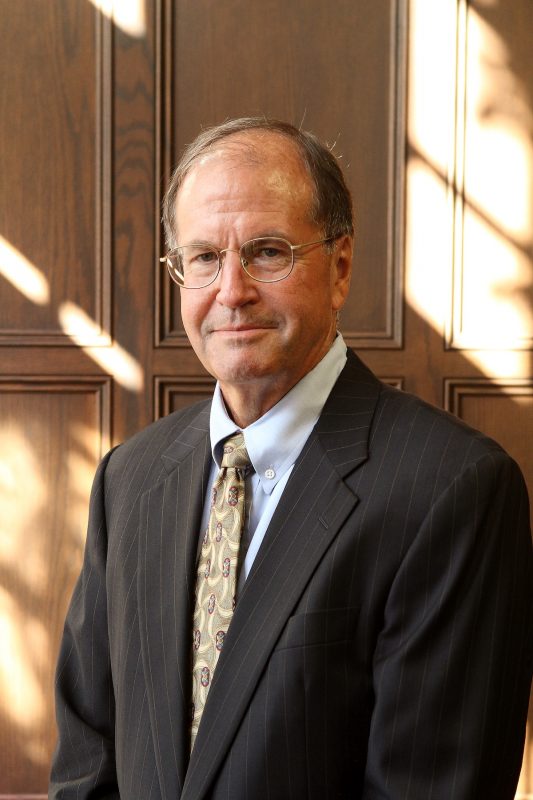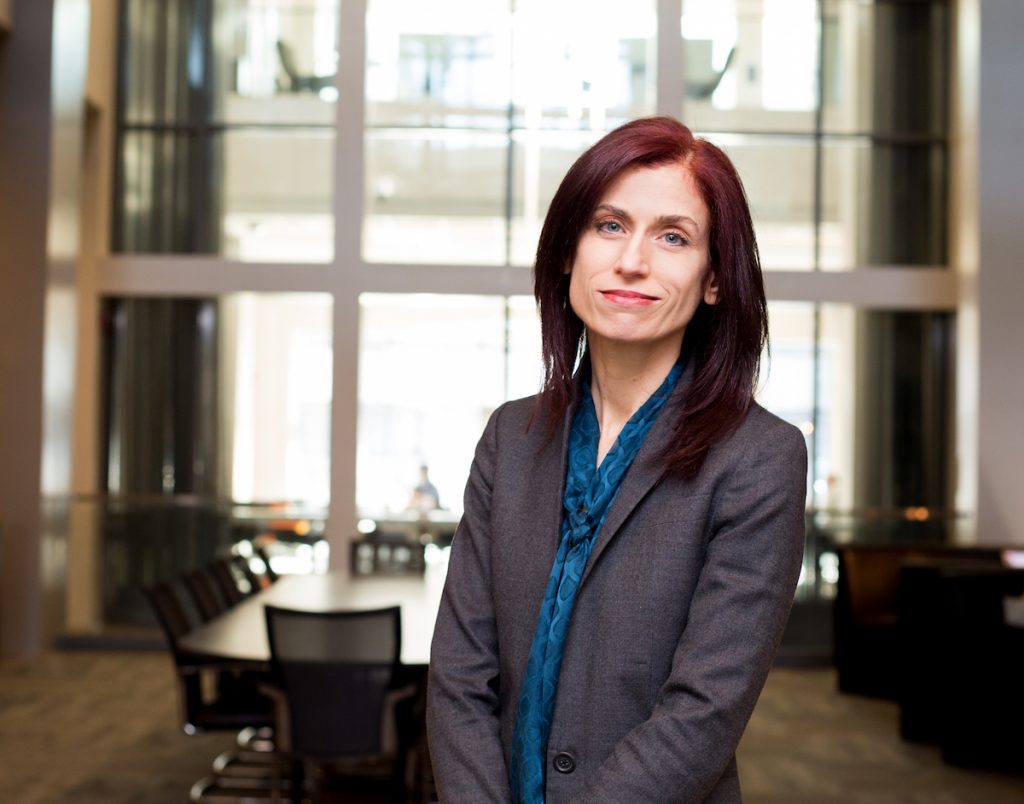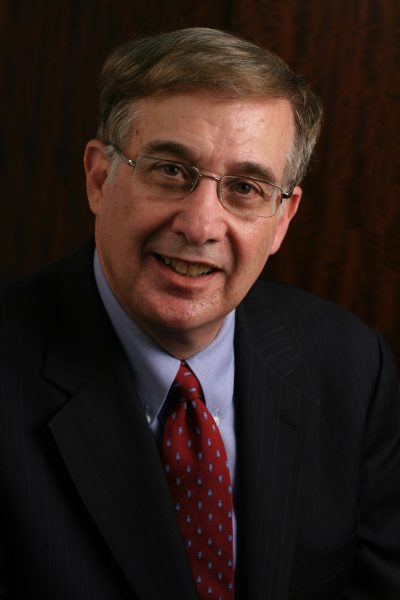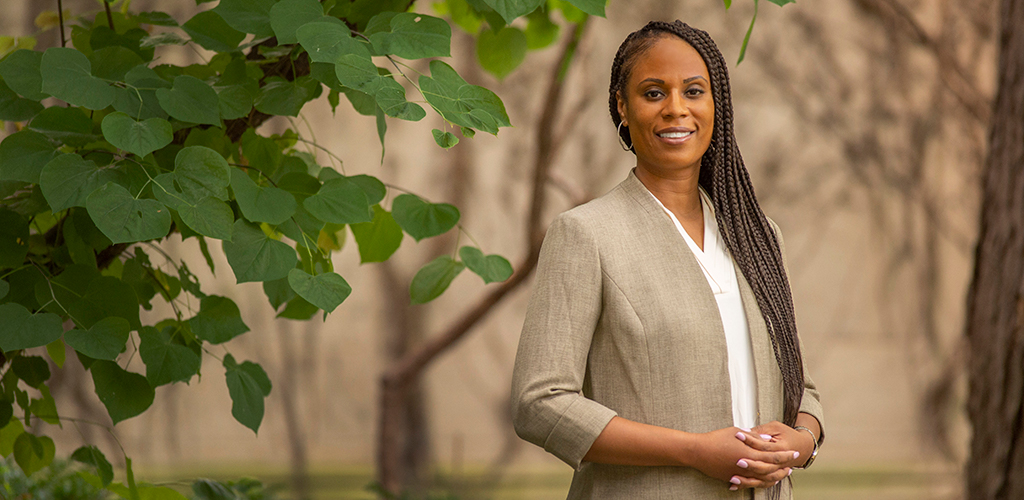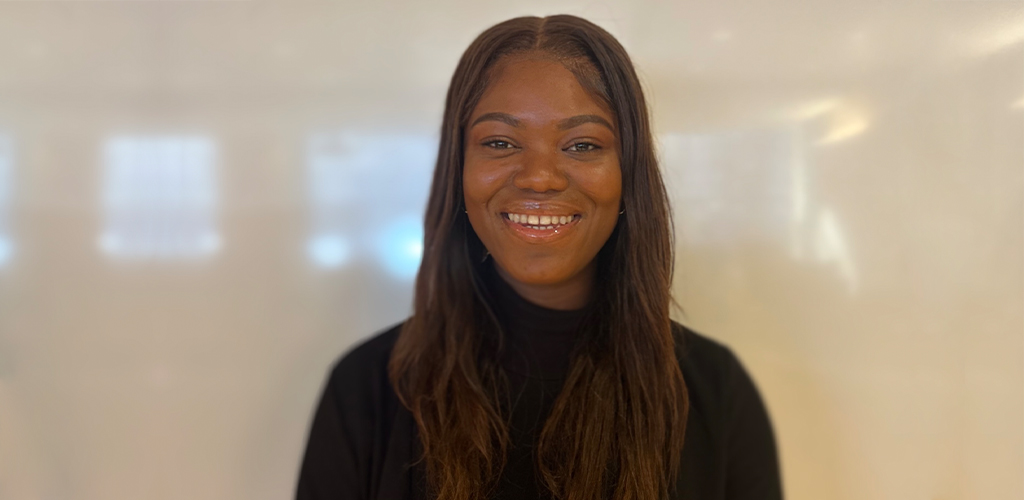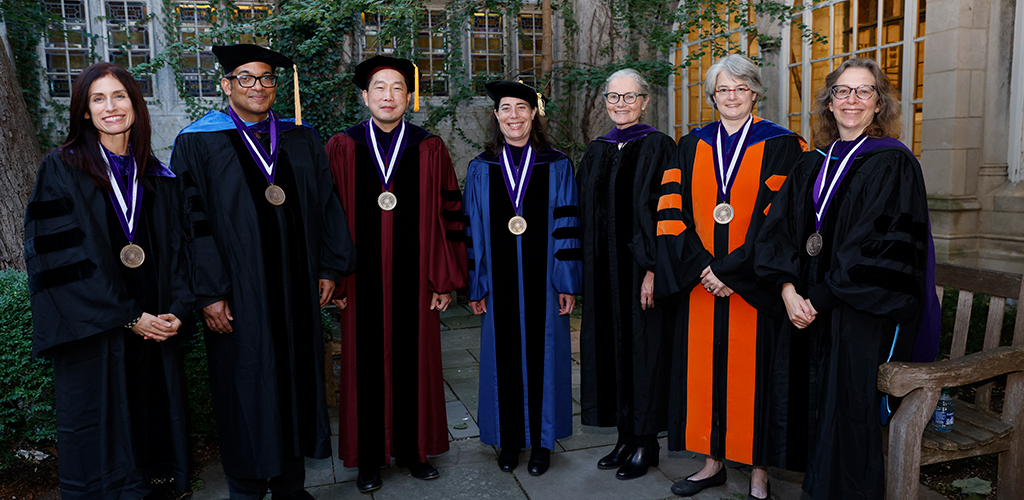For literally 400 years, people have thought that juridical proof is probabilistic. People use the concept of probability in life all the time — ‘what’s the probability it’s going to rain tomorrow?’ that sort of thing. More formalized notions of probability exist though — the mathematics of probability — and for hundreds of years, it’s been assumed that these more formal notions of probability explain what occurs at trial. If two elements are proven both to .6, the probability of them both being true if they’re independent is .36, which means the probability of one being false is .64, but you’re still returning plaintiff’s verdict when there’s a 64 percent chance of a wrongful outcome.
But over time, certain irritants made clear that the systematic ways of thinking about probability simply don’t work. They don’t explain anything at trial. So what does? When you look at the structure of the trial as a whole, what you see is it forces the parties to offer explanations. You have broad rules that let parties tell their stories on their own terms. This led to the insight that what’s actually occurring in civil cases is not a probabilistic account. It’s a comparative explanation account, what’s now called explanationism. In criminal cases, the issue is whether the state has a plausible story of guilt, and if they don’t, it’s an acquittal. If they do, then the issue is whether the defendant has a plausible story, even if less plausible than the government’s. If they do, then it’s an acquittal. And this maps extremely well to what actually occurs at trials. It turns out not everybody has recognized the genius of these insights, but the shift is ongoing — we are nearing the end.
It’s important to know, there are people whose careers are invested in probabilism, or whatever paradigm it is a person is trying to shift. So what happens is a couple of things — some people just reject your theory out of hand, but the more serious response is to try to make ad hoc adjustments.
People change things in their theory to permit an outcome to be explained.
The problem with that when there is an actual paradigm shift, is that you end up with a Rube Goldberg kind of structure that collapses of its own weight.

